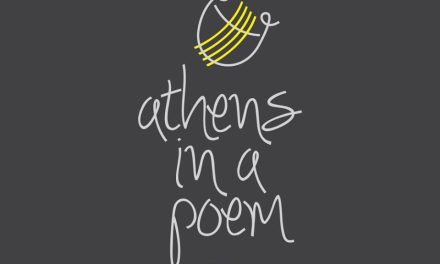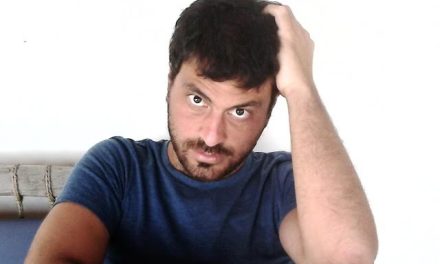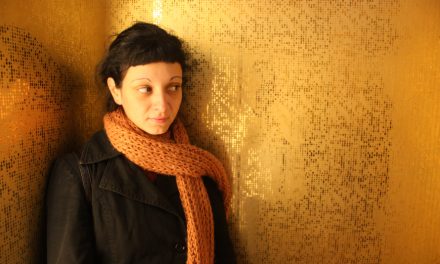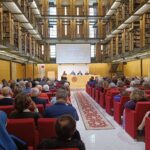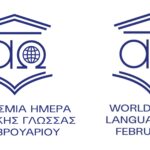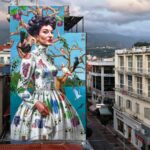Francesco Colafemmina was born in Rome in 1980. He studied Classical Philology at Bari University where he graduated in Latin Literature in 2004. Author of several novels and essays, mainly focused on Ancient World, he is translator from Ancient and Modern Greek. He runs also an organic beekeeping company in Puglia region, and is director of the publishing house “Medhelan”, based in Milan.
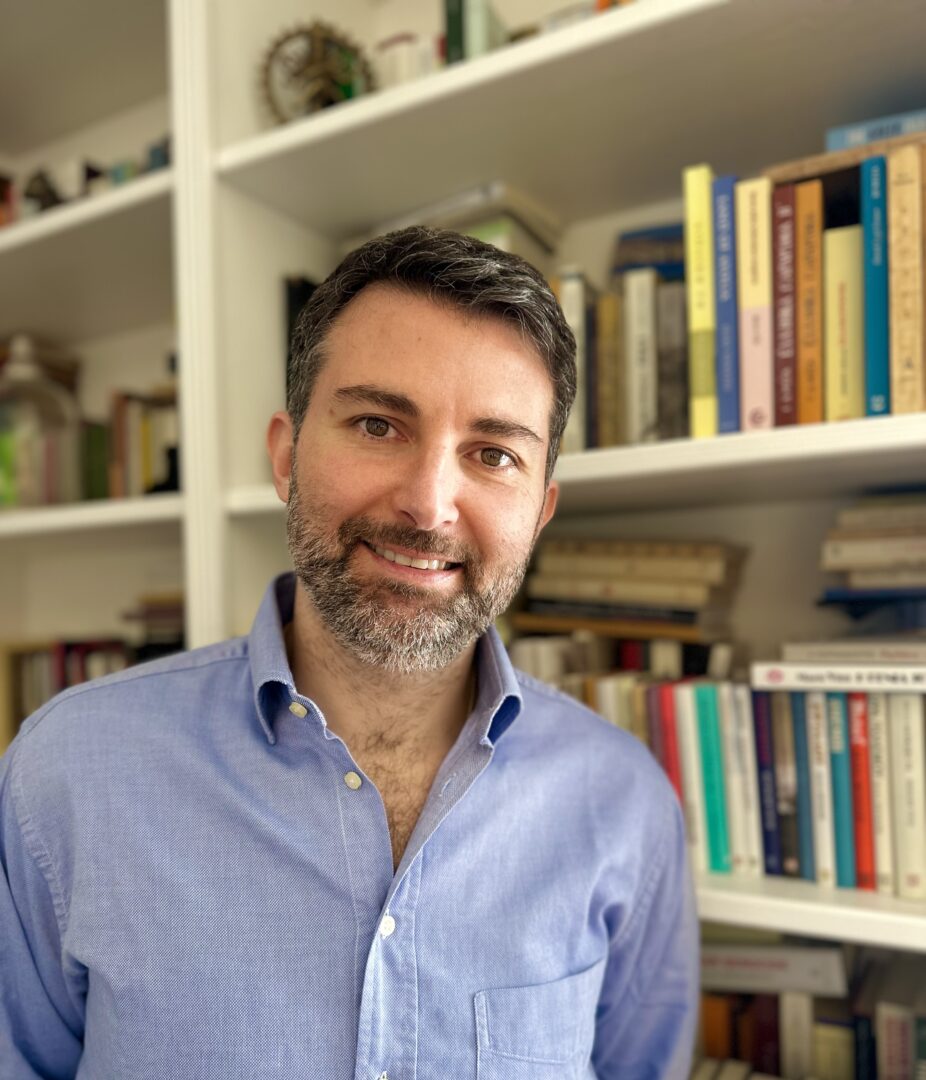
Υοur latest writing venture Φως σε σκοτεινούς καιρούς: ο ελληνορωμαϊκός πολιτισμός [Light in dark times: the Greek-Roman culture] was recently published by Hestia. Tell us a few things about the book.
First of all, let me thank you for your interest and for this interview. It was a great honor for me to see my latest book published in Greek and above all by Hestia. Light in dark times is a tribute to Ancient Greek and Roman Culture. Is a tribute of love for Classic Literature and a sort of protrepticon, an exhortation to a comprehensive reading of Classics. We owe our collapsing civilization to the Greek-Roman world, and is exactly in these times of decadence that we need to recall the values that constitute the backbone of a widest concept of civilization and culture, that we condensate in the idea of “humanities” as those studies that are able to reveal us the deep idea of what is man and what is “human”.
Why should we read the ancient texts today? What do the people of Greco-Roman civilization tell us? What is there relevance to the present?
It’s for me self-evident that we have lost in some ways the idea of “humanity” in a world that shout every day louder the world “war” and that is uncapable to stop the daily killing of children in the various war scenarios worldwide, especially in Palestine. This is the latest outcome of a mankind incapable to recognize its radical limits, to understand that the achievements of technology cannot transform us in new Gods. The writing on the temple of Apollo in Delphi said: “Know yourself”. Plutarch that was priest of Apollo explain us that the famous motto of Delphi, made famous by Socrates, was meant to indicate the limits of mankind in comparison with Gods. For sure we don’t believe more in the ancient Gods, and even in God. We just believe in power, money, technological advancement. And these forces are the exact denial of the ancient values of virtue, temperance, justice, beauty, and good.
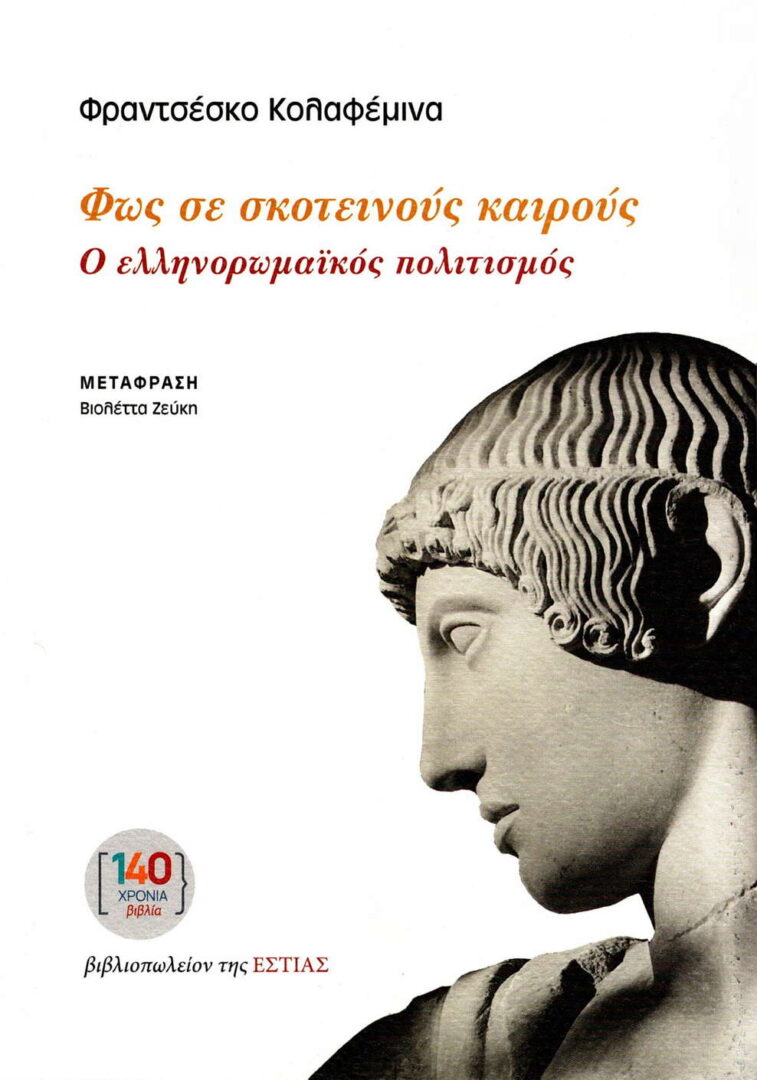
How did your engagement with Greek language and culture begin? Which remains your driving force decades later?
I approached Greek, Ancient Greek, in 1994, in my Lyceum “Virgil” in Gioia del Colle (Bari), when I was 13 years old. I wasn’t so proficient in this field, so my mother thought It was useful to take private lessons from her old teacher, prof. Leonarda Procino. And I did so. I started saying to the teacher – just to be fancy – that I was like Saint Augustine that loved Latin more than Greek. She replied to me that Saint Augustine didn’t understand anything. So, I started translating with her excerpts from Thucydides, Plato and Isocrates. Then I decided to study Classics at the University and finally I got acquainted with the small community of Greeks studying in Bari and I started learning by myself Modern Greek. If you ask me which remains my driving force, let me simply answer that is Philhellenism.
You also recently translated Η Γραμμή του Ορίζοντος by Christos Vakalopoulos in Italian. Tell as a few things about the experience.
The novel by Vakalopoulos was an incredible discovery for me. I decided suddenly to translate it because it condensates somehow the feelings that I have when I think of the world of my childhood, of my beloved grandfathers and grandmothers. A world that sometimes seems completely lost. Naturally this is even more evident for Greece. I remember e.g. a famous documentary on Eleusis “Aghelastos Petra”, in which the fool of the town, an old and poor guy scorned by most of the citizens was used to bring stones and pieces of marble to the local museum. He had an incredible ability to recognize ancient marble relics. Sometimes we resemble this fool from Eleusis, every time that we try to save memories from a loved past. Every time that we look at how a bad concept of modernity and progress is trying to delete the beauty of the past we inherited from our ancestors.
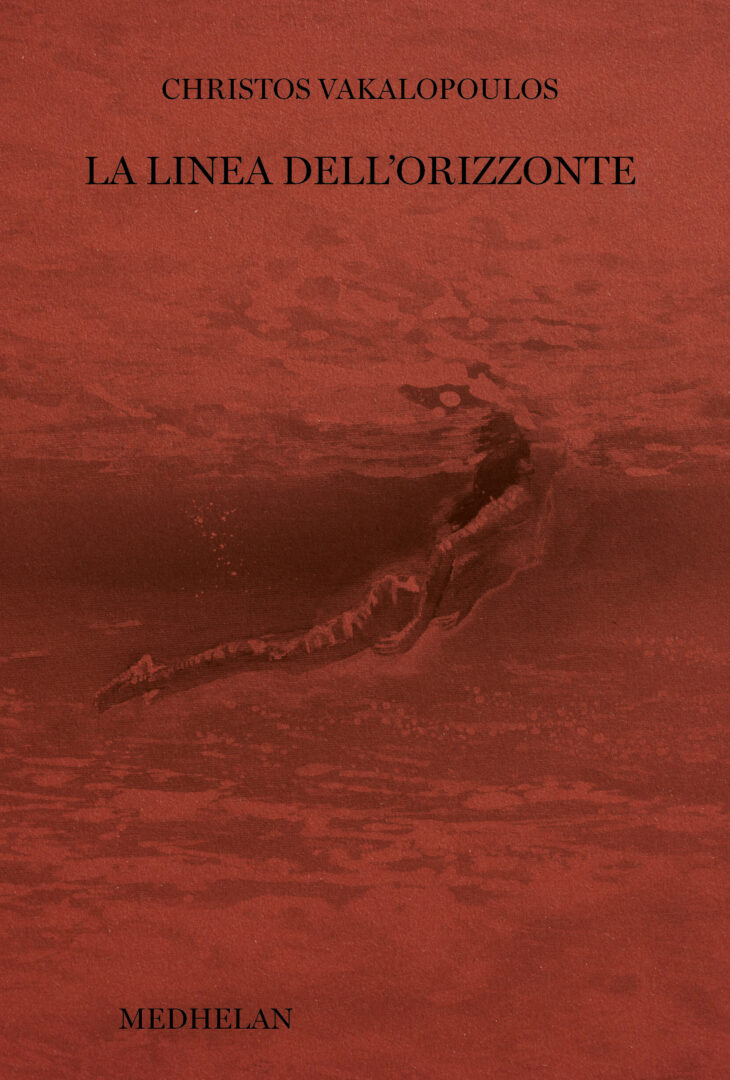
Which are the main challenges you have been faced with while translating Greek literature? More generally, since most scholars reckon that the content of a book cannot be separated from the particularities of the language that gave it shape, where does the role and responsibility of the translator lie? Can translation ever be unethical?
Let me answer both the questions since they are strictly connected. First, the main challenges are related to the variety of the Greek literary language. If we take Venezis, Myrivilis, Terzakis and Prevelakis we see a wide range of words with different transcriptions, with sometimes unknown meanings, that you cannot even find in a dictionary. But this is the good of this job, the research, especially in the archives of the authors. The possibility to catch the meaning of specific words that reveal to you an image, a sound, a scene. As a classical philologist my “ethics” is to keep the text as much as possible close to the original, without Pindaric flights or imaginative interpretations or alleged literary licenses. This is a firm point in each of my translations. And every time that the personality of the translator overcomes that of the author, the translation becomes unethical.
How important is the role of translation in the dissemination of a literature beyond national borders? In general, could translation contribute to a better understanding between cultures and translators act as cultural ambassadors between countries?
I believe this is a fundamental role. Unfortunately, in Italy there are many masterpieces of the Greek Literature of the XIX and the XX Century that are still waiting to be translated. Much has been done by relevant editing houses such as Crocetti, and by Academic institutions, and myself as director of an editing house, Medhelan, that aims to publish also Greek Literature, I understand sometime risks and challenges of publishing a so peculiar Literature that is shaped above all on Greek history and society. But, as a philhellene, I’m aware too that my mission is also to let more people know this literature, know the lyricism of Greek Literature, understand the story of modern Greece and fall in love with the diachronic Hellenism.
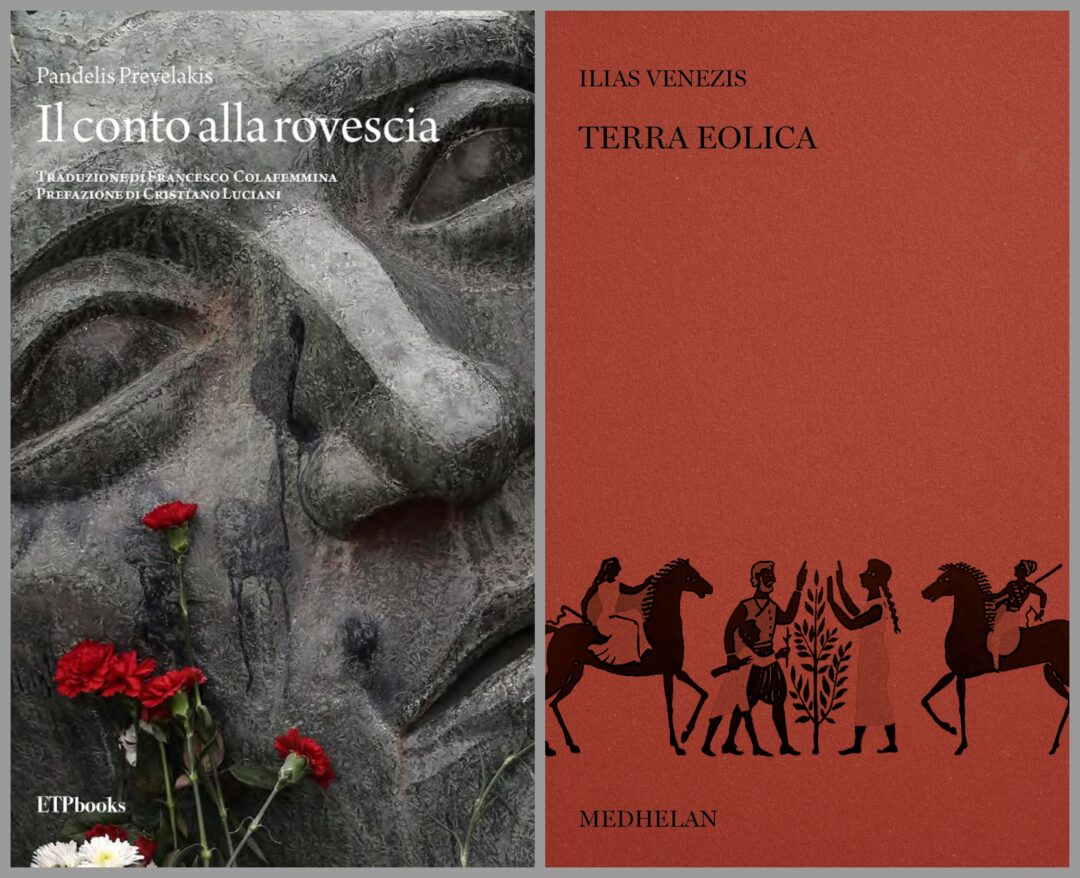
That’s the reason why I decided to translate the three main novels of Ilias Venezis, since in Italy we don’t know nothing about Greek Genocide and 1922. We don’t even learn of the fire of Smyrna in our schoolbooks. And we know very little about our domain on the Dodecanese or about the occupation of Greece and the famine of the 1941-42 of which we Italians have been responsible. I therefore confirm that translation is a pivotal instrument for a better understanding of cultures, especially of sister Nations such as Italy and Greece.
*Interview by Athina Rossoglou
TAGS: LITERATURE & BOOKS | READING GREECE

